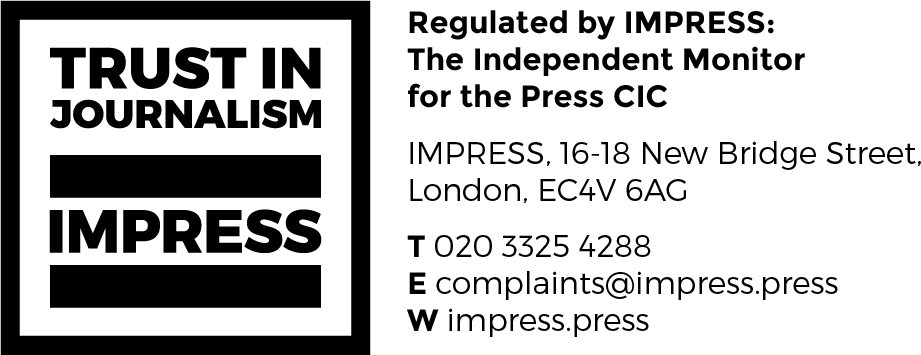Closing borders to non-native crews ‘draconian’, says captain

The shutting of Australian and New Zealand borders to all non-native yachts and crews is “draconian and unhelpful to say the least”, according to captain Iain Flockhart.
He was reacting to the news that crews of hundreds of ocean-going yachts fear being stranded in the Pacific islands during cyclone season with usual safe havens in New Zealand and Australia closed because of Covid-19 travel restrictions.
Flockhart told Superyacht Investor: “On the premise of the old saying ‘Any port in a storm” and given the vastness off the Pacific, with options somewhat limited, and the fact that safe havens are a considerable distance from the current danger areas, getting out of a high risk should take precedence and as long as all reasonable precautions are taken relating to Covid-19 and proper quarantine procedures are set up, this would be the favourable course of action.”
Consultation, according to Flockhart, should take place with underwriters for any vessel that has no option but to remain in a high risk area. “Underwriters have specific clauses about not being in high risk areas at certain times of the year. Any vessels in these areas should therefore contact their underwriters or insurance brokers to clarify their own situations and discuss what options are available, and to see if the underwriters are prepared to make any exceptions in the current circumstances.”
The situation is unprecedented. Flockhart cannot recall a time when the movement of yachts has been so severely impacted during the annual tourist season in the southern hemisphere.
“I think, in general, it is a silly thing to be doing,” continued Flockhart, “Yes, we are in the midst of a global pandemic but there are simple, tried and tested ways of managing such a situation. You simply set up a week controlled quarantine system.”
“For example, X amount of vessels could be allocated to given port facilities and they are strictly controlled by way of proper quarantine procedures for the required periods of time. Covid-19 testing could be carried out on all crew and no-one allowed ashore from vessels kept in well controlled quarantine areas until a suitable period of time has passed to show all crew Covid-19 free. Two weeks, 21 days whatever the authorities deem an adequate time for the proving of all crew being at no risk to disembark,” he suggested.
Flockhart also points to the “shortsightedness” of authorities in certain areas promoting their waters as good places to be in a pandemic. “It was pretty obvious to all, but the most ignorant of people, that the easing of lockdown restrictions too soon was bound to result in a second wave arriving, as is clearly now the case. It was inevitable and people have obviously not properly thought through the consequences of inviting people to their shores knowing that they are subject to paradigm shifts in weather patterns at certain times that can endanger the safety of vessels if they remain in these areas.”
Flockhart concluded: “It’s hard to divorce the economic effects from the medical issues in such global situation. But we are clearly seeing that over eagerness to get the economy back on its feet is continuing to fan the flames of the pandemic with potentially much larger and longer lasting consequences.”
Subscribe to our free newsletter
For more opinions from Superyacht Investor, subscribe to our email newsletter.

